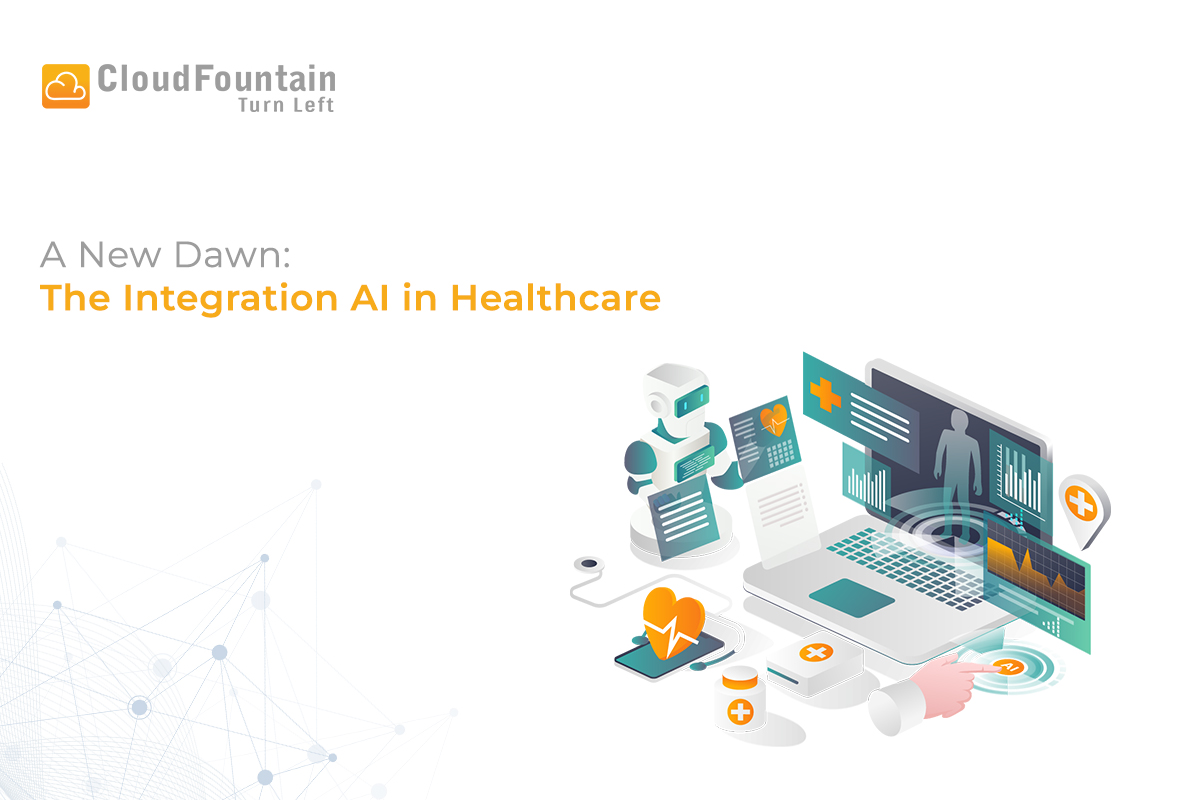Healthcare has always been about two things: science and compassion. Doctors rely on data, knowledge, and experience, but patients rely on trust, empathy, and care. In recent years, artificial intelligence (AI) in healthcare has begun bridging these two worlds. What started as simple experiments in medical computing has now grown into one of the most transformative movements in modern medicine.
Where It All Began: The Genesis of an Idea
The roots of AI in medicine go back to the 1970s. One of the earliest systems, MYCIN, was designed to help diagnose bacterial infections. It wasn’t perfect, but it showed what was possible: machines could support doctors in decision-making.
Fast forward a few decades, and the rise of machine learning and deep learning changed everything. With faster computers, cloud storage, and electronic health records, AI could finally process massive amounts of data from medical images to lab reports. Instead of just supporting doctors, AI started becoming a genuine partner in diagnosis, treatment planning, and even drug discovery.
The New Trends: A Symphony of Human and Machine
Today, AI has moved beyond theory. It’s actively shaping the way hospitals, clinics, and research centers function. Some of the most exciting AI trends in healthcare include:
- AI in Medical Imaging and Diagnostics
Tools powered by AI are now detecting tumors, fractures, and brain anomalies in scans often earlier and with greater accuracy than humans. This early detection is critical for diseases like cancer. - Predictive Healthcare Analytics
Hospitals are using AI to predict patient readmissions, detect disease risk, and forecast health outcomes. This not only saves costs but also helps doctors act before conditions worsen. - Personalized Medicine
By analyzing genetics, lifestyle habits, and medical history, AI designs treatment plans unique to each patient. No more “one-size-fits-all” this is the age of precision healthcare. - AI in Drug Discovery
What once took a decade in research can now be accelerated by AI models. They identify promising compounds, simulate results, and speed up clinical trials. - Virtual Health Assistants & AI Chatbots
From answering patient questions to reminding them to take medications, AI assistants are improving patient engagement and reducing hospital workload. - Robotic Surgery and Automation
Surgical robots enhanced with AI support doctors with unparalleled precision, leading to fewer complications and faster recoveries.
The Future Awaits: A Vision of Proactive Healthcare
The future of AI in medicine looks promising and far-reaching. Here’s what we can expect in the coming years:
- Preventive and Predictive Care at Scale
Wearable devices will continuously track vitals like heart rate, oxygen, and glucose levels. With AI analyzing this data, diseases could be spotted before symptoms even appear. - Unified Patient Data Systems
Imagine one intelligent system that combines genetic reports, clinical notes, lifestyle data, and medical images into a single health profile. Doctors could make more holistic, data-driven decisions. - Accessible Global Healthcare
AI-powered diagnostic tools could reach rural and underserved regions, where doctors are scarce, bringing quality care to millions. - Ethical and Explainable AI
As AI becomes more common in healthcare, transparency and ethics will be at the forefront ensuring patients trust the decisions being made with their data. - Stronger Human-AI Collaboration
AI will never replace doctors. Instead, it will handle data-heavy tasks while freeing up healthcare professionals to focus on what truly matters – listening, empathizing, and guiding patients through their healing journey.
The integration of AI in healthcare is not just about machines making decisions it’s about making healthcare smarter, faster, and more human-centered. AI handles the data; doctors handle the heart. Together, they are redefining what it means to live healthier and longer.
From its modest beginnings in rule-based systems to today’s advanced AI models, the journey has been remarkable. And the road ahead promises something even more extraordinary: a world where technology and compassion work hand in hand to transform global health.

